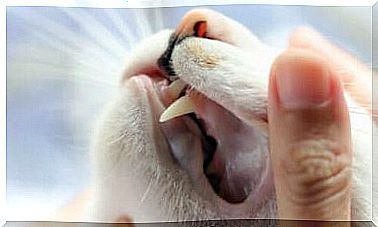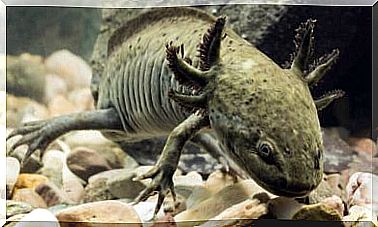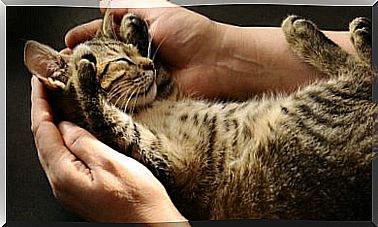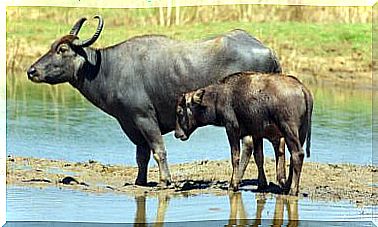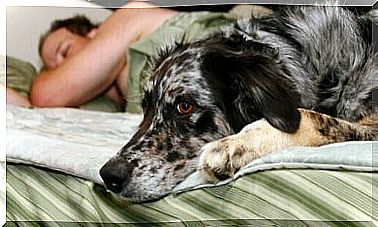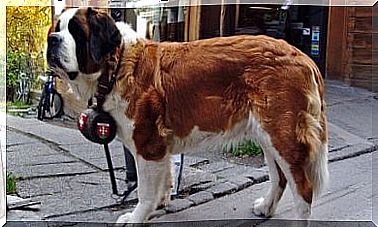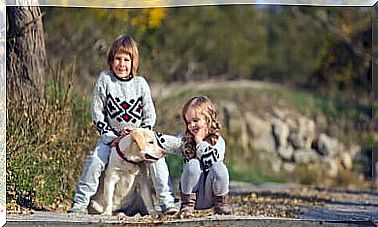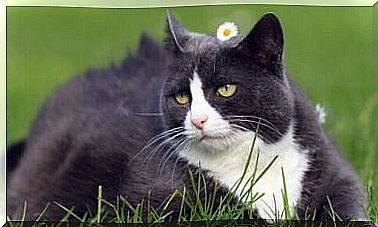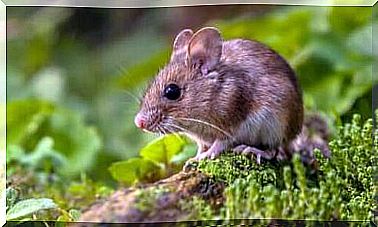Reflections On Animal Abuse In Spain
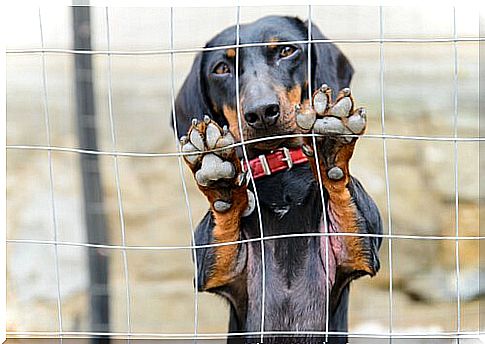
The existence of animal abuse in Spain is a reality and perhaps the problem may seem more evident day after day, due to advances in the rights and freedoms of animals. However, the truth is that there are still numerous cases of mistreatment of animals in Spain.
Reflections on animal abuse in Spain
History repeats itself with different names and breeds, but with many factors in common: rescued dogs, who currently have a happy family, but who lived through their own ordeal. Some of them are still paralyzed and urinate when they see clubs or belts, which makes it clear that the animals do not forget the abuse they were subjected to.
The data revealed by the Nature Protection Service (SEPRONA, its acronym in Spanish) speaks for themselves: there are around 15,000 complaints a year of mistreated animals, data that takes into account other animal species as well. This same body of the Civil Guard performs more than 11 thousand operations against maltreatment per year.
These abuses refer to scenes worthy of a horror movie: strangulation, gunshot wounds, malnutrition, poisoning, physical torture, theft or abandonment are some of the forms of animal abuse in Spain.
Hunting and mistreatment of animals in Spain
The Civil Guard data must be added to those that do not receive the intervention of this State security body. According to various NGOs, more than 120,000 dogs are abandoned in Spain, and unfortunately a large percentage of them are hunting animals.
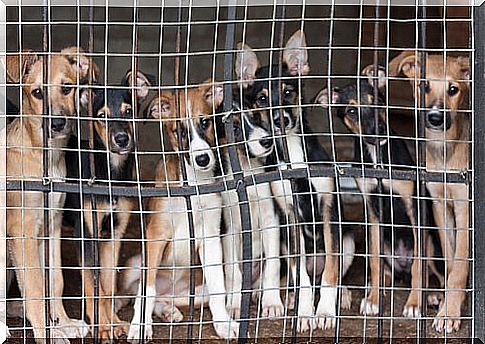
Even if, luckily, the vast majority of hunters take care of their animals and keep them in good condition, the truth is that the percentage of abandonment is much higher in the hunting sector: animals abandoned by hunters correspond to 40% of the total.
Animal associations estimate that greyhounds and podengos are the most abandoned, animals traditionally used for hunting. The figure could exceed 50,000 greyhounds and abandoned podengos per year, and although the Spanish Federation of Greyhounds ensures strict birth registration, it appears that illegal breeding and theft are behind this figure.
It is estimated that, in the year 2016, around 13% of the abandonments occurred after the hunting season, and unfortunately, although many hunters take care of their companions, the truth is that the hunting dogs continue to suffer more than the companions.
Mistreatment of exotic and wild animals
Wild animals are probably among the most abused in Spain. Possession of exotic animals is allowed and without many restrictions. Therefore, some people may have tigers, dangerous snakes, and even alligators.
These animals, which can hardly have all their needs met in captivity, suffer the impoverishment of their lives when living in a house. In addition, other animal species, such as the Desert Fox or the meerkat, are affected by the possession of wild animals in captivity.
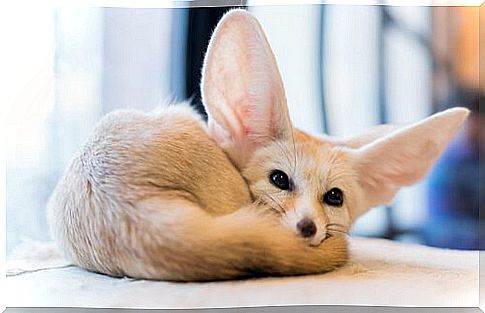
Although more and more prohibited, circus only with animals they are another debt we owe to wildlife, and one of the best examples of animal abuse in Spain. The training that subjects the animal to abuse and starvation is common in these centers, which mutilate the big cats so that they don’t represent danger.
A paradigm shift to combat animal abuse in Spain
The truth is that it seems that collective thinking in favor of animal rights is advancing more and more. An example of this is the reactions to ill-treatment on farms, slaughterhouses or places dedicated to the extraction of skins.
As for bullfighting, although increasingly decadent, remains one of the debts to be repaid in terms of animal abuse in Spain. More and more bullfighting arenas are emptier, and contrary demonstrations more intense.
It seems increasingly necessary to reform the Penal Code, which starts to really act against abuse. The domestic possession of wild species, the abandonment of small animals and spectacles such as circuses and bullfights are increasingly rejected by the population, and must change.
